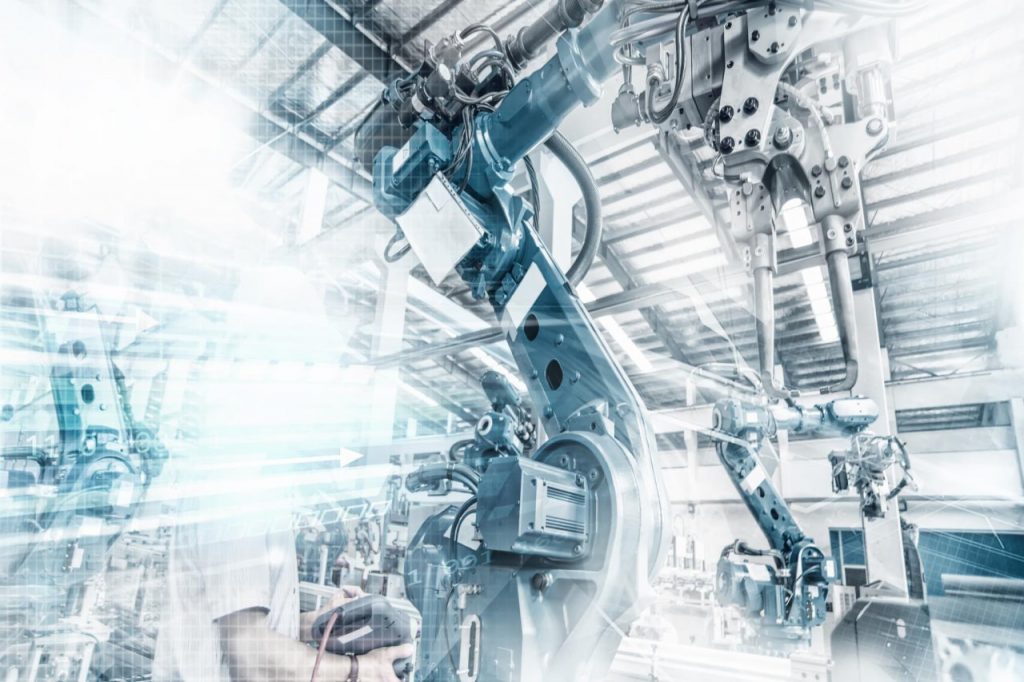Welding plays a pivotal role in the automotive industry, contributing significantly to the production of vehicles with efficiency, precision, and reliability. This article explores the importance of welding in automotive manufacturing and highlights modern technologies driving innovation in the sector.
Importance of Welding in Vehicle Production
- Structural Integrity: Welding is essential for joining automotive components, ensuring the structural integrity of vehicle frames, chassis, and body panels.
- Weight Reduction: Advanced welding techniques enable the use of lightweight materials such as aluminum and high-strength steels, enhancing fuel efficiency without compromising safety.
- Design Flexibility: Welding allows for complex designs and geometries in automotive components, optimizing space utilization and enhancing aerodynamics.
Modern Welding Technologies in Automotive Manufacturing
- Resistance Spot Welding (RSW): Widely used for joining sheet metal in automotive bodies, RSW provides fast, efficient welds with minimal heat distortion.
- Gas Metal Arc Welding (GMAW/MIG): Offers versatility in welding different materials and thicknesses, making it suitable for a wide range of automotive applications.
- Laser Welding: Provides precise, high-speed welding capabilities ideal for joining dissimilar materials and achieving aesthetic weld seams in automotive assemblies.
- Friction Stir Welding (FSW): Enables the joining of lightweight materials like aluminum without melting, producing strong, uniform welds suitable for structural components.
Advancements Driving Innovation
- Automation and Robotics: Robotic welding systems improve consistency, accuracy, and productivity in automotive assembly lines, reducing labor costs and cycle times.
- Advanced Materials: The adoption of advanced alloys and composites in automotive construction requires specialized welding techniques to maintain material properties and performance.
- In-line Inspection Technologies: Real-time inspection systems, including vision systems and non-destructive testing (NDT), ensure weld quality and compliance with stringent safety standards.
Sustainability and Efficiency
- Energy Efficiency: Modern welding technologies optimize energy use and reduce environmental impact through efficient processes and advanced equipment.
- Recycling and Waste Reduction: Automotive manufacturers implement recycling programs for welding materials and components, promoting sustainability in production practices.
Future Trends in Automotive Welding
- Integration of AI and Machine Learning: Predictive analytics and smart welding technologies improve process control and quality assurance in automotive welding operations.
- 3D Printing and Additive Manufacturing: Emerging as viable alternatives for prototyping and custom part production, leveraging specialized welding techniques for metal deposition.
Conclusion
Welding remains integral to the automotive industry’s pursuit of innovation, quality, and sustainability. As automotive manufacturers continue to push boundaries in design, performance, and efficiency, welding technologies evolve to meet these demands. By embracing advanced welding techniques, automation, and sustainable practices, the automotive sector continues to drive progress, delivering safer, more fuel-efficient vehicles to meet the needs of consumers worldwide.

